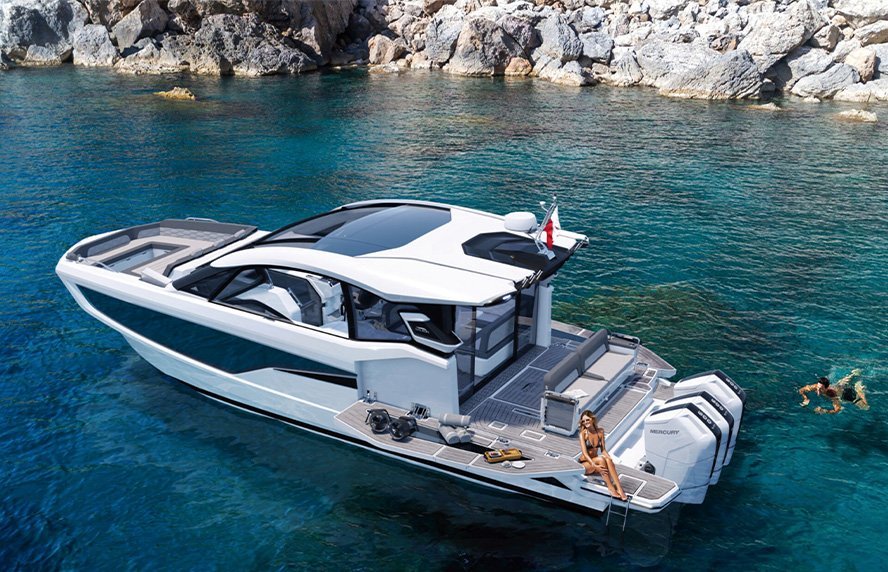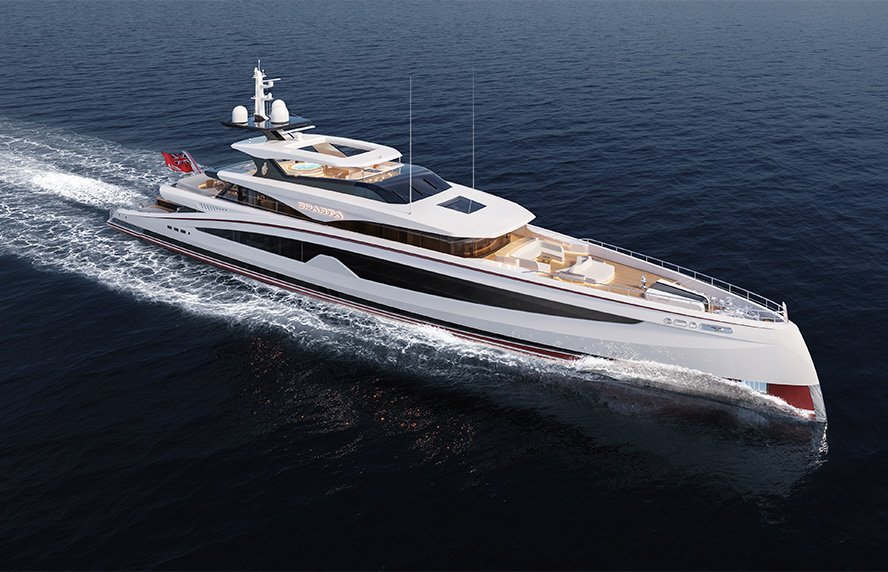How does a geography teacher become an off-road driver?
Off-roading started out as a hobby. After I got my licence and bought a motorbike which I used as a way to get about in the city, I started to take part in off-road trips. One day, my group of friends decided to sign up for a competition and they ended up encouraging me to take part as well. It was a great challenge because I thought I wouldn’t even manage 70 kilometres and, in the end, I almost finished that race. Although I gave up (I fell in a river and it took me a while to get the bike up, because the engine was full of water), I felt that I had exceeded all my expectations. At that moment I realised that we are much more capable than we think we are and, perhaps because of that, I really fell in love with this sport. The challenge remained of trying to understand what I was actually capable of. From that day on, I took part in all the National Off-Road Championship races and, later on, I allowed myself be seduced by the great African marathons, by the Dakar and by the great challenge which was driving a truck.
At 54, in 2019, you won the Africa Eco Race, in the truck category, the competition which replaced the Dakar rally and for which you prepared for 27 years. Is that the great professional milestone of your life?
Winning the Africa Eco Race was the fulfilment of a dream I have pursued for years and which involved being recognised as a good driver. For that I needed to win a great race. It didn’t have any impact on my professional life as, despite the title, I did not manage the raise the money necessary to return to racing. In personal terms it was good because I got the recognition I was looking for. I neeed to win the general classification in the truck category for people to look at me as a driver and not only as a woman who stands out for taking part in a sport mostly practiced by men. This just shows that we must not give in to gender stereotypes.
Out in the race, what is the big difference between the Dakar and the Eco Race?
For about 30 years the Dakar rally was the biggest off-road marathon in the world. A truly challenging race for those taking part. In 2009, it was decided to abandon the African continent and it was held elsewhere, namely in Latin America and Saudi Arabia. In this way it changed its personality, and although it kept the name that refers to its origin, it started to become more like other rallies. The Africa Eco Race was the race which inherited all the features which the Dakar gave up when it abandoned Africa. In other words, the Africa Eco Race is currently the great African marathon, the one that makes you dig your deepest when you’re at a loss to overcome all difficulties and reach the end. Everyone who finishes this rally feels like a winner, regardless of the placing achieved.
Sustainability is now present in every area. Do you feel that off-roading also had and has to adapt to the new demands of the world?
Sustainability should be a matter of concern for all of us, as it is the survival of our species, while at the same time quality of life is at stake. In fact, off-roading, just like all the activities man has developed, has been changing the way it operates in order to act in a more sustainable way. I will give you some examples: my competition truck complies with the Euro 5 European pollution control standard, which was unthinkable a few years ago. Organisations have been very permissive in order to facilitate the integration of electric vehicles (motorbikes and cars) which are still in a trial and adaptation phase and do not comply with the competition regulations. In addition to this, despite the fact that rallies move a large number of people through the desert, they have managed not to leave a negative footprint. The organisations have created rules so that all contaminating liquids, resulting from mechanical work, are collected in special containers. All waste is also collected and there are even organisations that carry an incinerator truck to burn all non-recyclable waste. Before, nobody worried about these aspects. Today it is compulsory.
"We must not give in to gender stereotypes”










